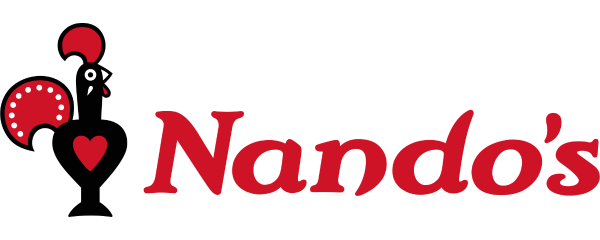
One to Celebrate
When it comes to mistakes being made, there is more than one way to look at the situation.
Here you can find all of Happy’s blog posts, covering our Excel hints and tips, ideas for creating happy workplaces, and ways to be more productive at work — and more.

When it comes to mistakes being made, there is more than one way to look at the situation.

One thing I find interesting about the concept of open salaries is that, at first, people normally assume the concept is impossible, but when they consider it, they find it makes sense.

In 2009, Fortune magazine asked Tiger Woods, among others, for the ‘best advice I ever got’.

Nando’s is a popular restaurant chain in the UK, specialising in spicy chicken. Some years ago they undertook research to find out what were the key factors that explained why sales at some of their restaurants grew faster than at others.

Removing traditional managerial delegation structures can streamline communication and workflow.
The June 2013 issue of Management Today includes an important paragraph, in a debate about "The Changing Face of the Leader"

“49% of the UK working population would take a pay cut to have a different manager.”

Catch Henry on Radio 4's Four Thought talking about why people should choose their managers.

Publishing the Happy Manifesto has led to a lot of organisations contacting Happy. Some call us in to help them improve their workplace and we love doing this. But there is an even bigger thrill when I get a letter from somebody we’ve not been involved with, who has taken the Manifesto and put the ideas into practice. So I’m delighted to copy the blog below, originally published on the Spiral Health site, about the work they are doing at an NHS site in Lancashire.

Around 80 people came together at Google’s Victoria HQ on 24th April 2013 to share ideas and learn how to create happy workplaces. Watch video footage here.